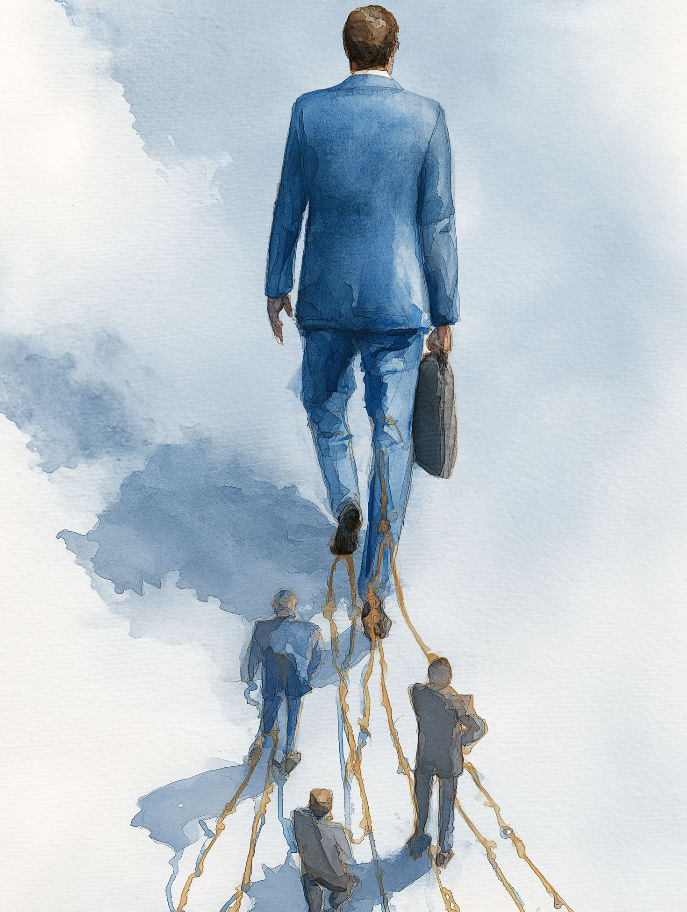Business processes: satisfaction and frustration
- Kelly Ballesteros

- Aug 5, 2025
- 3 min read
" Companies are made of people " is one of the most common statements we hear most leaders proudly repeat. Today, it's explained very simply, as simple as the fact that we couldn't produce goods and services without a chain of people behind them to manage them.
On the other hand, many claim that if their people are well, the company will be well and will tend to improve and grow. Because there are people involved in body and soul who know their efforts are recognized and surely well rewarded.
But going a little deeper, what does it mean to be good at work?
The answer is, I don't know, it depends. It depends on many factors. If things are good at home, your performance at work will surely be good. If there's a collaborative team that adheres to your methods, you'll surely be fine. When you have a boss with whom you have some degree of empathy, you'll probably feel better. If you're well-compensated, considering your years with the company, the benchmark of the work environment, and the tasks you perform for your pay, you'll surely be fine too.

But what happens when things aren't perfect, when there's an imbalance in that chain that causes the company to not function as it should?
Not everyone knows how to lead, and not all employees understand that, as part of an ecosystem, any interruption in their work can significantly impact overall results. And that, in business processes, can mean the difference between growth or stagnation.
Today, with this whole AI issue, it's becoming even more complex. There's the fear of being replaced, the comfort of sitting in current positions praying they'll stay, and the laziness to research because, well, why (there's GPT).
When these links lose their firmness, it's very easy for leaders to go from satisfaction to frustration. Particularly in the sales field, emotions fluctuate greatly.
We are convinced that our purpose in companies is to attract, enthrall, establish a relationship, mature it, and make it last. All so that the efforts of others can lead to more sales and growth in our businesses. To innovate more, to grow, and to ensure that all those human beings I mentioned at the beginning are well.
Business cycles, depending on the type of industry, are short or long. When they pass quickly, that satisfaction is uplifting and nourishes the soul to keep going. But when they are long and slow, there comes a point where immense frustration sets in. We try to maintain positivity, we try to mediate between pursuit and intensity. But the rubber band eventually snaps.
Months, even years, go by, as we pedal along on the same path with persistence and discipline, but nothing works. Spirits plummet, and the team notices. What to do? How do we separate our emotions and our humanity from all of this? Persistence is the only way.
If I've learned anything, it's that when you're in a company built on people who care about people as their essential foundation—and when you're surrounded by positive people who inspire good spirits no matter the circumstances—you can see the light, even if it's dim or far away, but you can see it.
When we know we have products or services designed responsibly, with care, and above all, we believe in them and are convinced they will be successful because they have a real purpose, the cycle doesn't matter either; the positive days and the depressing days don't matter. Deep down, we know we'll make it through. What's truly important is strengthening the ties that make up this great chain, ensuring they're firm and aligned, because only then will we get a "yes."





















